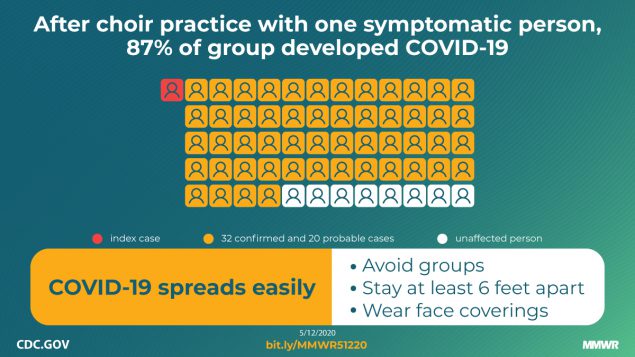The U.S. could have prevented roughly 36,000 deaths from COVID-19 if broad social distancing measures had been put in place just one week earlier in March, according to an analysis from Columbia University.
Underlining the importance of aggressively responding to the coronavirus, the study found the U.S. could have avoided at least 700,000 fewer infections if actions that began on March 15 had actually started on March 8.
The U.S. currently has more than 1.5 million confirmed COVID-19 cases, and more than 93,000 people have died from the disease, according to data compiled by Johns Hopkins University.
In the analysis, researchers applied transmission models to data drawn from the pandemic's actual course county-by-county in the U.S. ? the worst-hit nation in the world. The main focus of the study was the period from March 15 to May 3, when U.S. states and counties implemented "measures enforcing social distancing and restricting individual contact."
And if restrictions had gone into effect in the U.S. two weeks earlier, researchers found, nearly 54,000 people would still be alive and nearly a million COVID-19 cases would have been avoided.



